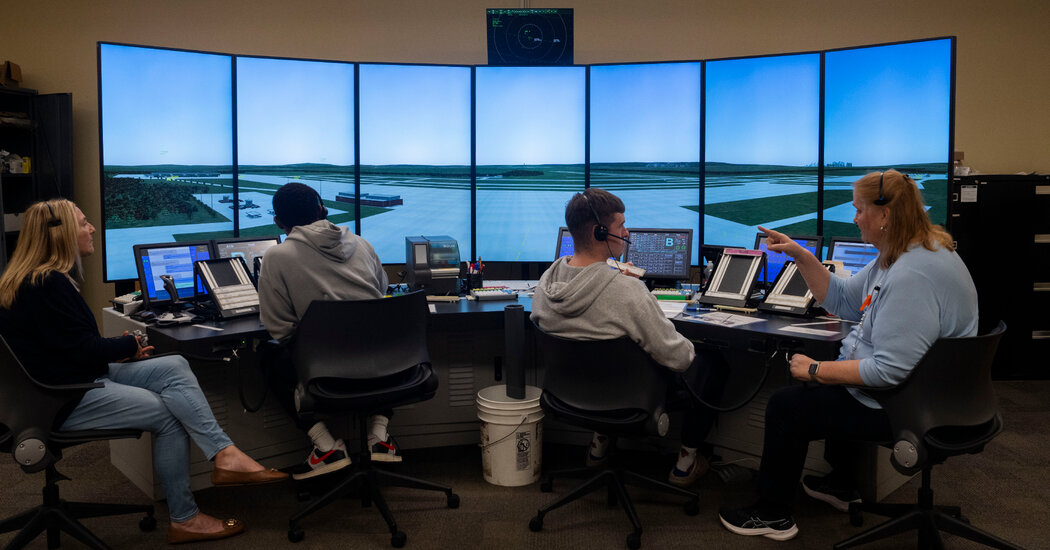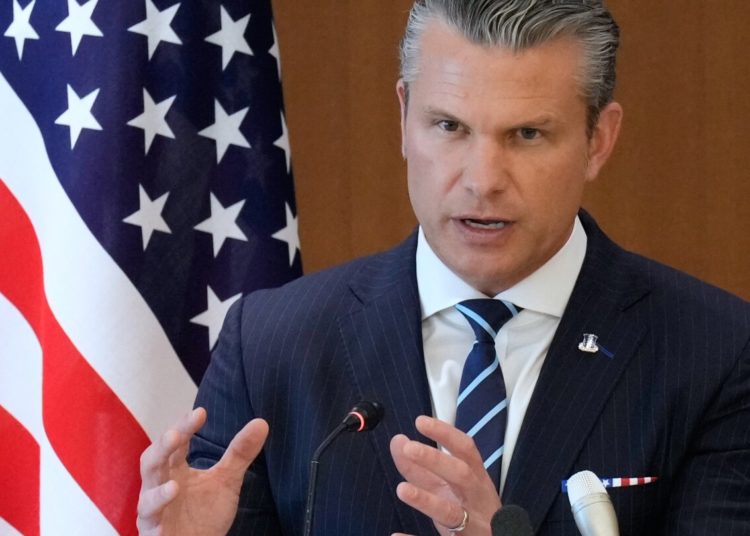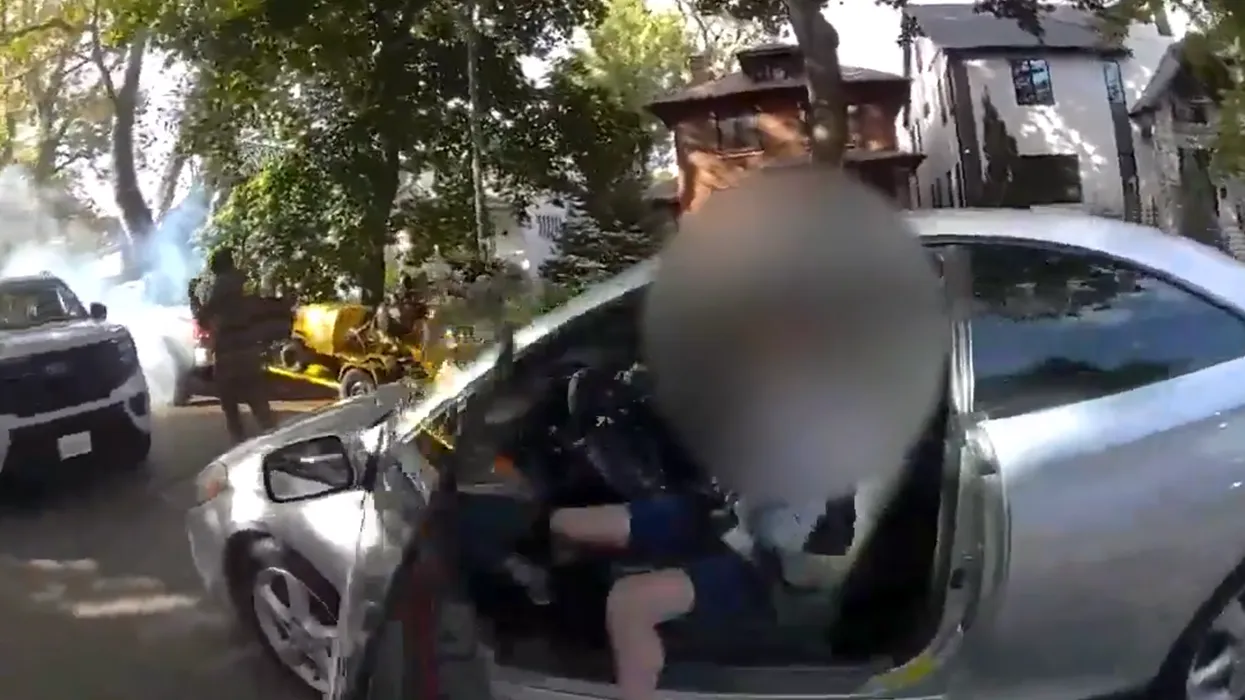In a dimly lit classroom across the street from LaGuardia Airport, eight students at Vaughn College embarked recently on a new venture to help address the staffing crisis among air traffic controllers.
Until this year, all of the Federal Aviation Administration’s new controllers had been trained at the agency’s official academy in Oklahoma City, a decades-old institution that has struggled lately to produce enough people to helm the nation’s air traffic facilities. But in recent months, nine colleges and universities have started F.A.A.-approved training programs to teach the agency’s full curriculum, part of a push by the federal government to expand its pipeline and make up a national shortfall of 3,000 controllers.
Within weeks, those colleges may be playing an outsize role in training future controllers, as the protracted government shutdown threatens to temporarily cut off funding for students at the F.A.A.’s academy.
The funding impasse in Washington is worsening the already acute shortage of air traffic controllers, slowing efforts to fill the approximately 14,000 controller positions needed to effectively manage air travel across the country. The agency is running low on funds to pay academy trainees, who are considered government employees during their course of study. And the crisis is scaring off some who are worried about taking on a job in which they could have to work without pay in future shutdowns, officials said.
“We’re about a week to two weeks away of running out of money to pay those students, which will be cataclysmic for them,” Transportation Secretary Sean Duffy said during a news conference last Friday, noting that some students were already dropping out “because they’re concerned about going into a business where they may not get their funding.”
Hiring new controllers is such a priority that, in a break with precedent, the F.A.A. exempted its academy from the effects of the shutdown, raiding prior-year funds to keep paying students, even as professional air traffic controllers have been forced to report to work without pay. But those funds will run out by Nov. 15, the F.A.A. said, and Mr. Duffy indicated that the shutdown could imperil plans to train an additional 2,200 students by next fall.
“This has monthslong effects on our ability to fill that pipeline and get more young people into academies and become professional air traffic controllers,” he said.
The fiscal standoff in Congress is heightening the stakes for the new training efforts taken on by a patchwork of colleges and universities.
“It does put us in a place of real prominence in terms of being able to help solve the problem,” Sharon B. DeVivo, the president of Vaughn College, said in a recent interview, just a day after her college started its new controller program. “Because we will operate even when they can’t.”
The new certificate or degree programs, which are being offered by prestigious aviation schools, community colleges and state universities, offer the F.A.A. an inexpensive way to address its crippling staffing gaps. That need took on new urgency after a military helicopter and commercial jet collided midair outside Washington in January, elevating questions about the longstanding controller shortage.
Most participant schools had previously offered limited air traffic courses, which aspiring controllers could later use to place out of the academy’s introductory class. To be able to receive the F.A.A.’s approval, colleges were required to upgrade their simulators, employ experienced faculty and, in most cases, revamp their curriculum. Those that made the cut were then provided the F.A.A.’s curriculum, including its simulation scenarios.
More than a dozen colleges are now in the process of seeking accreditation, on top of the nine that have obtained it so far. But the schools offer only a partial solution to the controller crisis, administrators acknowledge.
Each program at the participant colleges includes several dozen students or fewer, and while many schools expect to expand those ranks, they do not collectively have the infrastructure or budgets to scale up the size of their programs to meet the agency’s staffing needs. The F.A.A. offers no financial help to its partner colleges, which must foot the full bill for new simulators and instructor salaries, and are not eligible for work force development grants. And while all of the colleges in the program have been accredited to train students to work in air traffic control towers, barely any have been approved to train students for work in en route centers, which handle air traffic between airports at high altitudes.
“We’re not in competition with the academy — we’re never going to replace the academy, and I can’t say that enough,” said Stephen West, who runs the air traffic program at the University of Oklahoma, one of the first schools the F.A.A. accredited to conduct an enhanced training program.
The schools offering the training programs “will provide, eventually, more throughput in a relatively meaningful way, but it’s going to take time,” he said, adding that “it just won’t be solved overnight.”
It takes a year to four years to earn the required controller certificate or degree through the colleges, compared with three to five months at the F.A.A. academy. It also costs about $10,000 at a community college to well over $100,000 at some four-year institutions, before room and board, while the academy trainees are paid — when government funding is not in jeopardy.
Instead of focusing on training large numbers of future controllers, many of the schools are focused on a different objective: training new controllers with a greater rate of success than the academy.
Even before the shutdown, the F.A.A. was on track to reduce its staffing deficit by only about a third by late 2028. The chief reason is the high level of attrition at the academy, where more than a third of those enrolled fail to graduate. The rate is so bleak that Congress recently ordered the F.A.A. to review whether aspects of instruction needed to be revamped.
A senior F.A.A. official, who spoke on the condition of anonymity because they were not authorized to comment on the record, said the agency was scrutinizing its entire course of instruction, from the structure and content of its classes to its use of technology to supplement classroom time. It is unclear how the shutdown has affected those efforts.
As the F.A.A. examines its own programs, collegiate trainers believe their experience may prove instructive.
“Not every student who doesn’t make it couldn’t have been a good controller with the right training,” said Steven Fanno, a former air traffic controller who has been teaching at Vaughn on an adjunct basis since he retired and is one of the leaders of the college’s new class. “We hear it all the time: ‘If I had another month, or three weeks of doing these scenarios, there’s no way I wouldn’t be in a facility now.’”
In Vaughn’s inaugural class, seven of the eight students had recently failed to graduate from the academy. At the college, they are getting a second chance, with about twice as much time to absorb the same materials before final evaluations.
“The biggest thing for me at the academy was just time,” said Brandon Jean-Pierre, 23, as most of his classmates nodded in vigorous agreement. “If I had had more time there, I would have been able to pass with flying colors. But because it was so quick, I just, I couldn’t keep up with it.”
Emily Hamedian, 28, who also fell short during her academy evaluations earlier this year, has similar hopes that she will be more successful absorbing the air traffic control training materials over the course of a two-year associate degree at Schenectady County Community College.
“The biggest difference here is there’s office hours here if you need them,” she said, shortly before persuading her instructor to let her try an early simulation for air traffic tower trainees, which involved helping Air Force One taxi through a virtual model of the F.A.A.’s airfield in Oklahoma City.
College administrators praised the federal agency for working with them to launch the new training programs. But many also expressed confidence that they could train future controllers more effectively than the federal government.
They noted the success of a more limited college-based program that allowed graduates of approved schools who went on to the F.A.A. academy to bypass the opening weeks of classroom instruction there.
“Anecdotally, in the 10 years I’ve been here, we’ve only had two students that did not make it through the academy of Oklahoma City, out of the at least 80 that went,” said Michael McCormick, who runs the air traffic program at Embry-Riddle Aeronautical University in Daytona, Fla., which welcomed 44 new air traffic control students to campus this fall.
“We’ve had nobody, once they make it out of the academy, not make it in air traffic control,” he added.
The colleges also maintain that they are designed for a different sort of candidate compared with the academy: one who wants the security of a degree to fall back on, or had never considered going to Oklahoma City to be a controller.
“One of our challenges is just getting the word out about it being a career field,” said Jeff Carpentier, who manages the enhanced air traffic program at Nashua Community College in New Hampshire, noting that most of the 10 students in his school’s training program were locals. “As much as air traffic right now is in the news, a lot of students aren’t coming out of college thinking, ‘Oh, I could be an air traffic controller.’”
Yet if the colleges stand any chance of helping alleviate the F.A.A.’s staffing woes, it is likely to take further action by the agency, which is currently hamstrung by the fiscal impasse in Washington.
A handful of additional schools said they were hoping to be approved to offer the F.A.A.’s full training program in October. But as the shutdown drags on, there have been no announcements of new participant schools from the agency.
Karoun Demirjian is a breaking news reporter for The Times.
The post As Shutdown Slows Air Traffic Training, These Schools Are Stepping In appeared first on New York Times.




